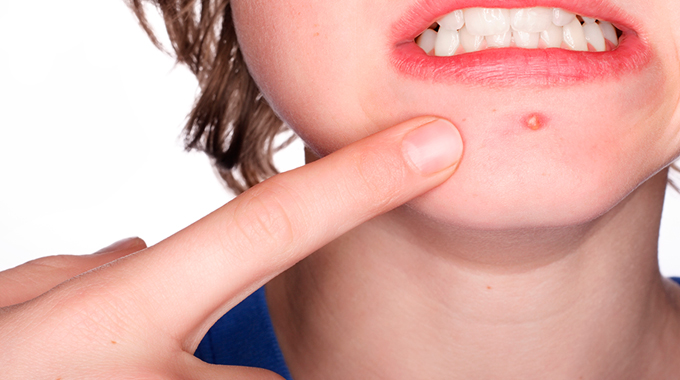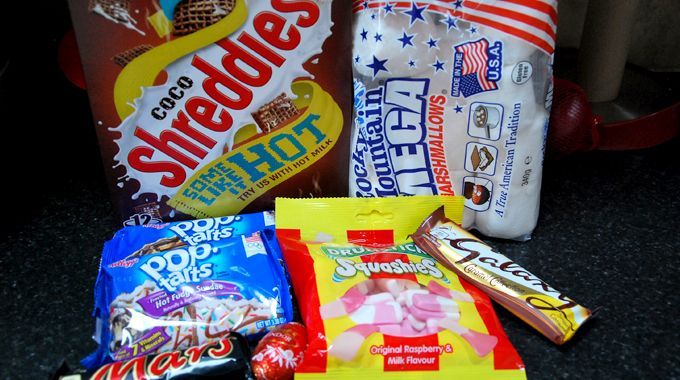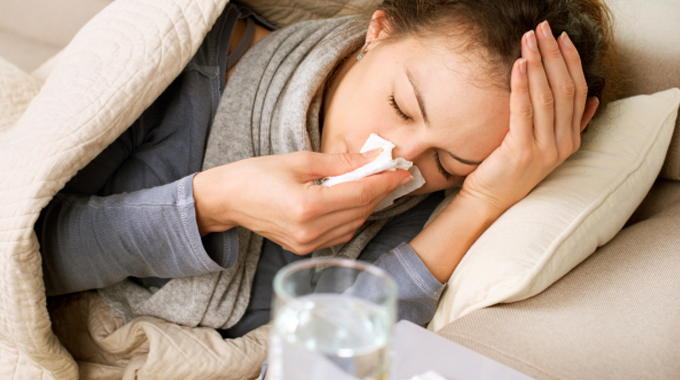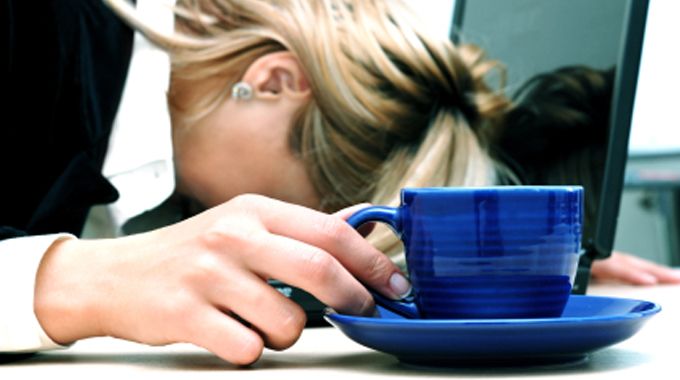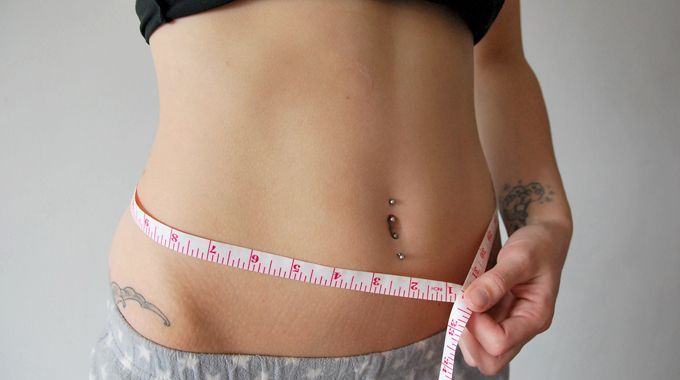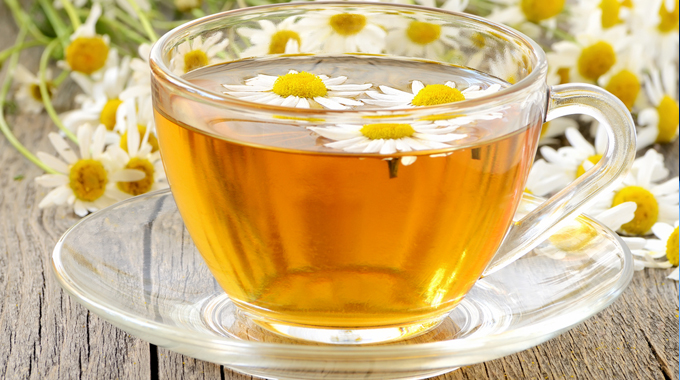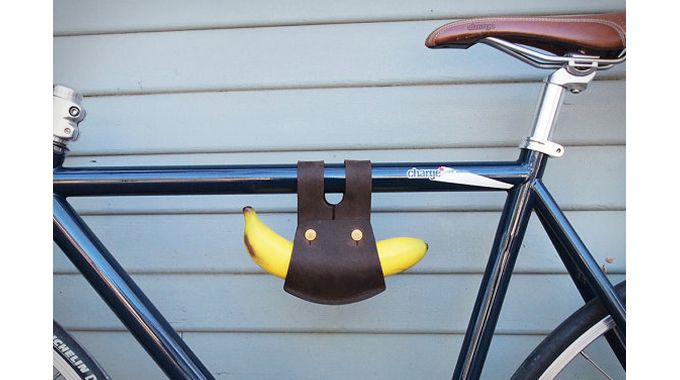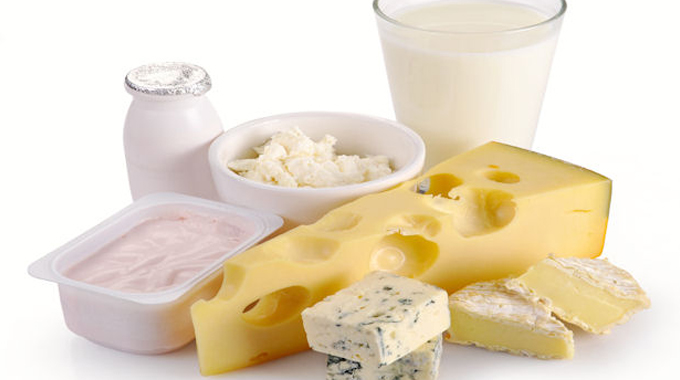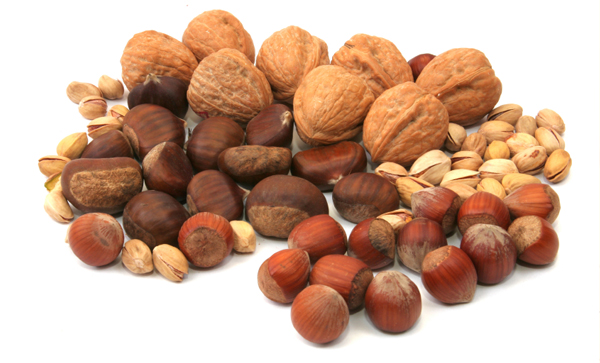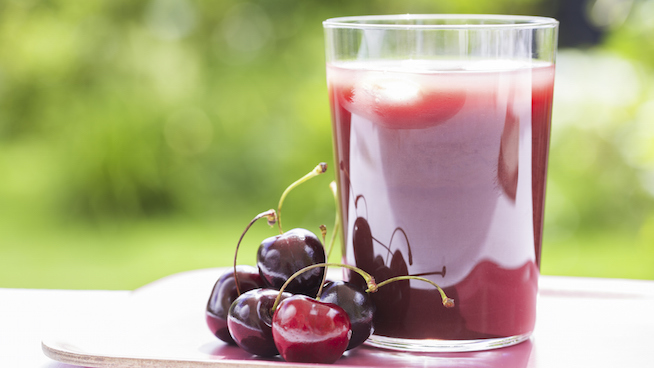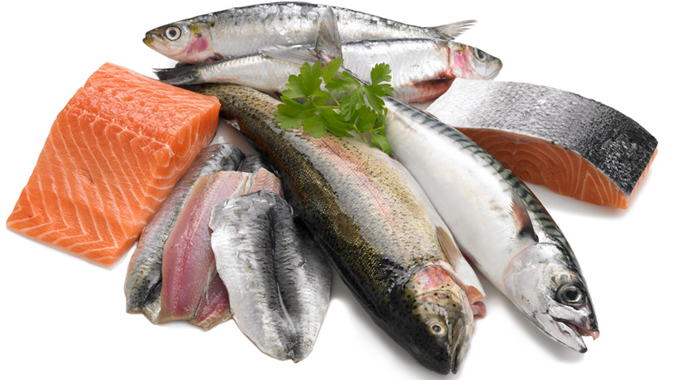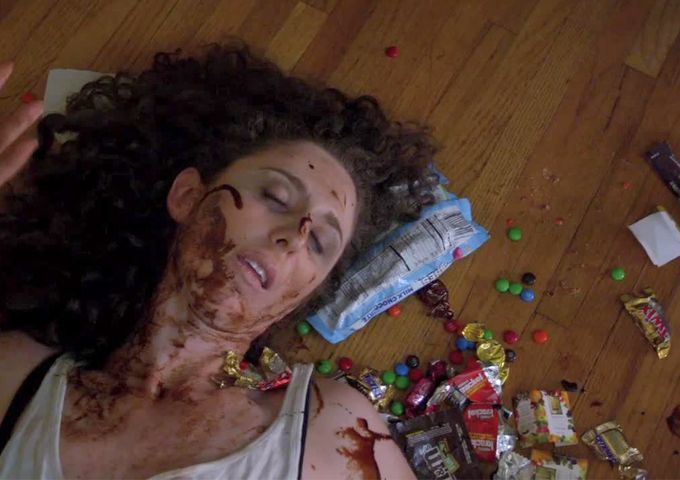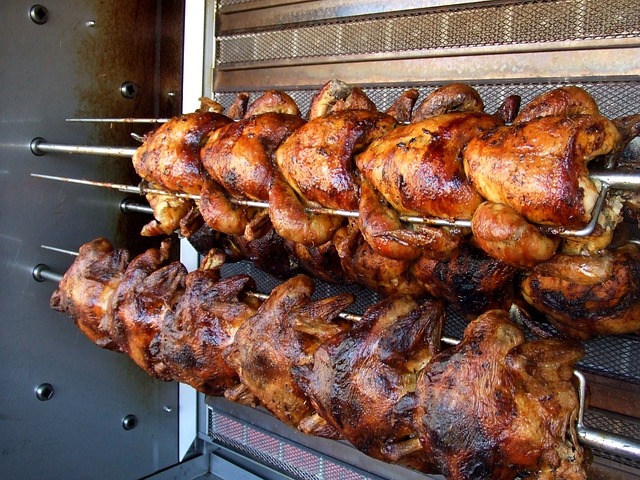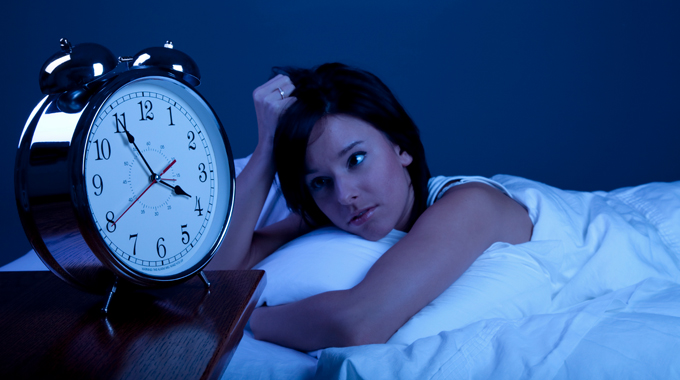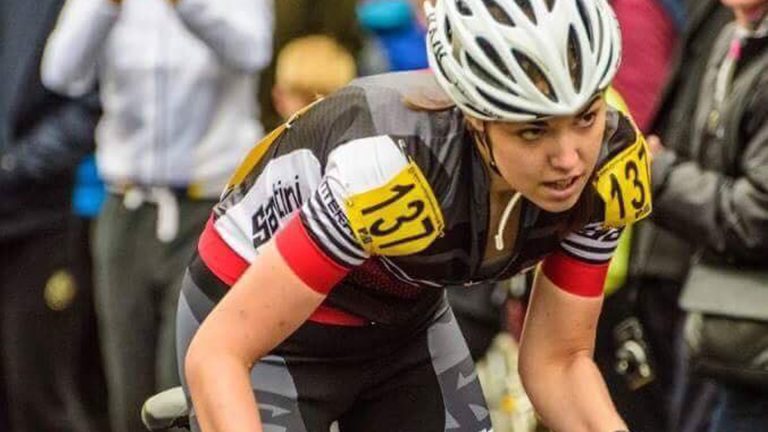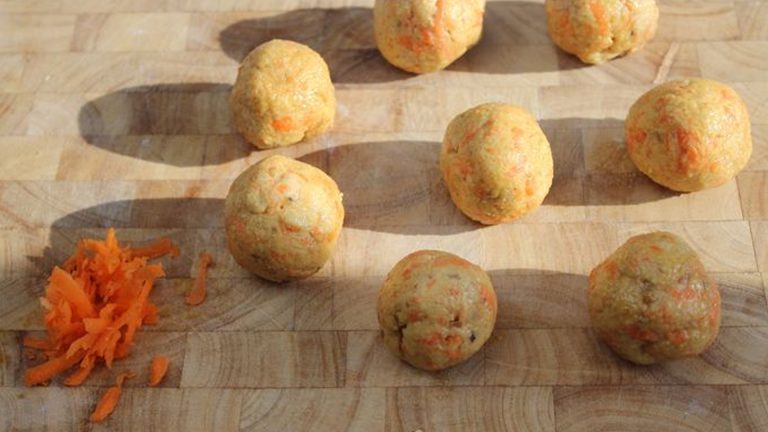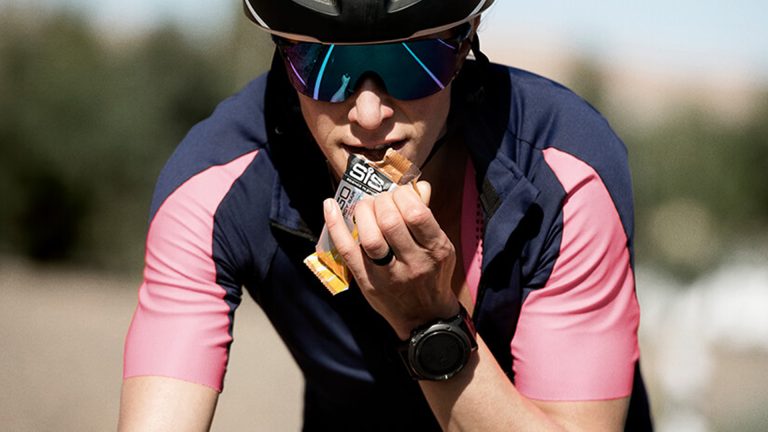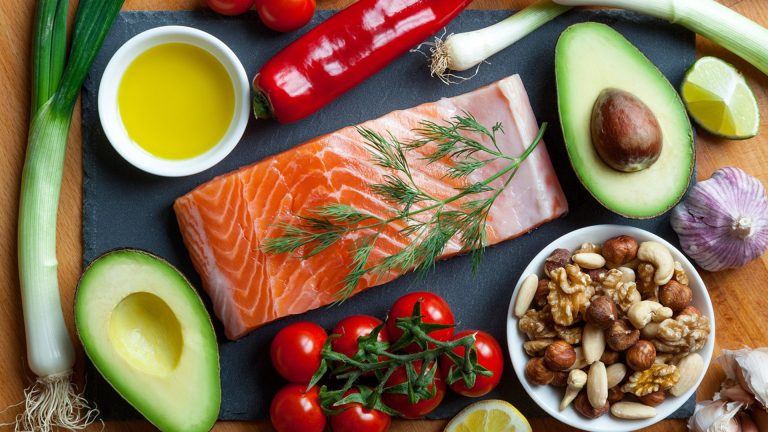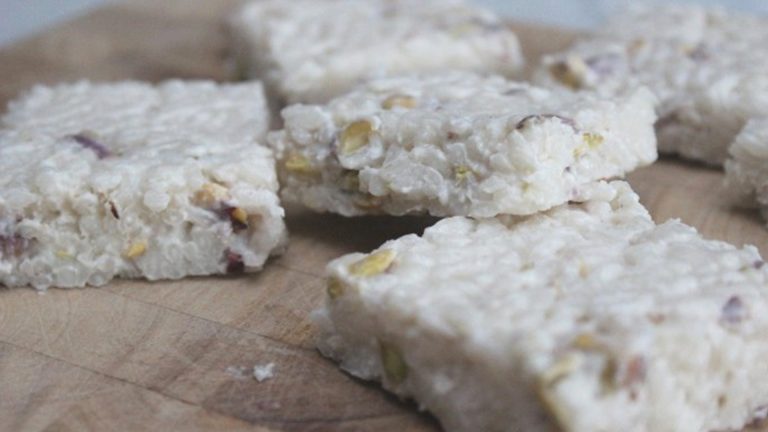5 Signs you’re sleep deprived
A lack of sleep results in a lot more than a few additional yawns at work. By not allowing your body and mind to get sufficient rest, you’re causing a lot more problems than you think, especially in the long run.
Bad skin

Being overtired can show itself in your physical appearance. A lacklustre expression, pallor complexion, a breakout of spots, and baggy eyes are all very visual signs that you are absolutely shattered.
A lack of sleep can cause your body to secrete an increase in the cortisol hormone, a.k.a the stress hormone. This chemical can results in an excessive amount of sebum being produced, resulting in spots!
Sugar Cravings

When you’re overtired, it’s quite common to find yourself reaching for the junk food. Your body is trying to find sources of energy to keep you awake, and combat the effects of the stress hormone, cortisol.
Can you cut out sugar? Jessica tried to, see how she got on here
However, consuming sugar when tired is counter-productive as the surge of serotonin will lead to an inevitable sugar crash. What you really need is a healthier boost of energy, there’s some ideas here.
Weakened Immunity

When your body is overtired, your immune system is naturally affected, leading to that frustrating “run down” feeling. If you don’t get enough sleep, your body can’t produce enough protective cytokines and germ-fighting antibodies.
This means that you’re more susceptible to catching common colds, flu and suffering from other ailments that seem to be drawn to the overtired. Try boosting your germ defenses with these helpful foods.
Mole hills become mountains

Sleep deprivation can make life’s daily obstacles seem like monumental mountains. Like brushing those tangles out of your wild post-ride mane, or hitting every red light on your commute. Everything just feels more difficult than normal.
With a foggy mind you might not be able to handle these issues particularly well. You may end up making rash decisions, like throwing out that jersey you thought you hated (and later regretting it). Sleep deprivation can also result in sudden onset crying, often for little or no reason at all.
Weight Gain

It’s true. While you think being awake and more active is a good thing, sleep deprivation can actually cause weight gain.
Everything you need to know about losing weight through cycling
Weight gain and poor sleep share a number of relationships. The increase in cortisol, the sudden craving for sugar and the sluggish de-motivated feeling all contribute to those additional pounds.



